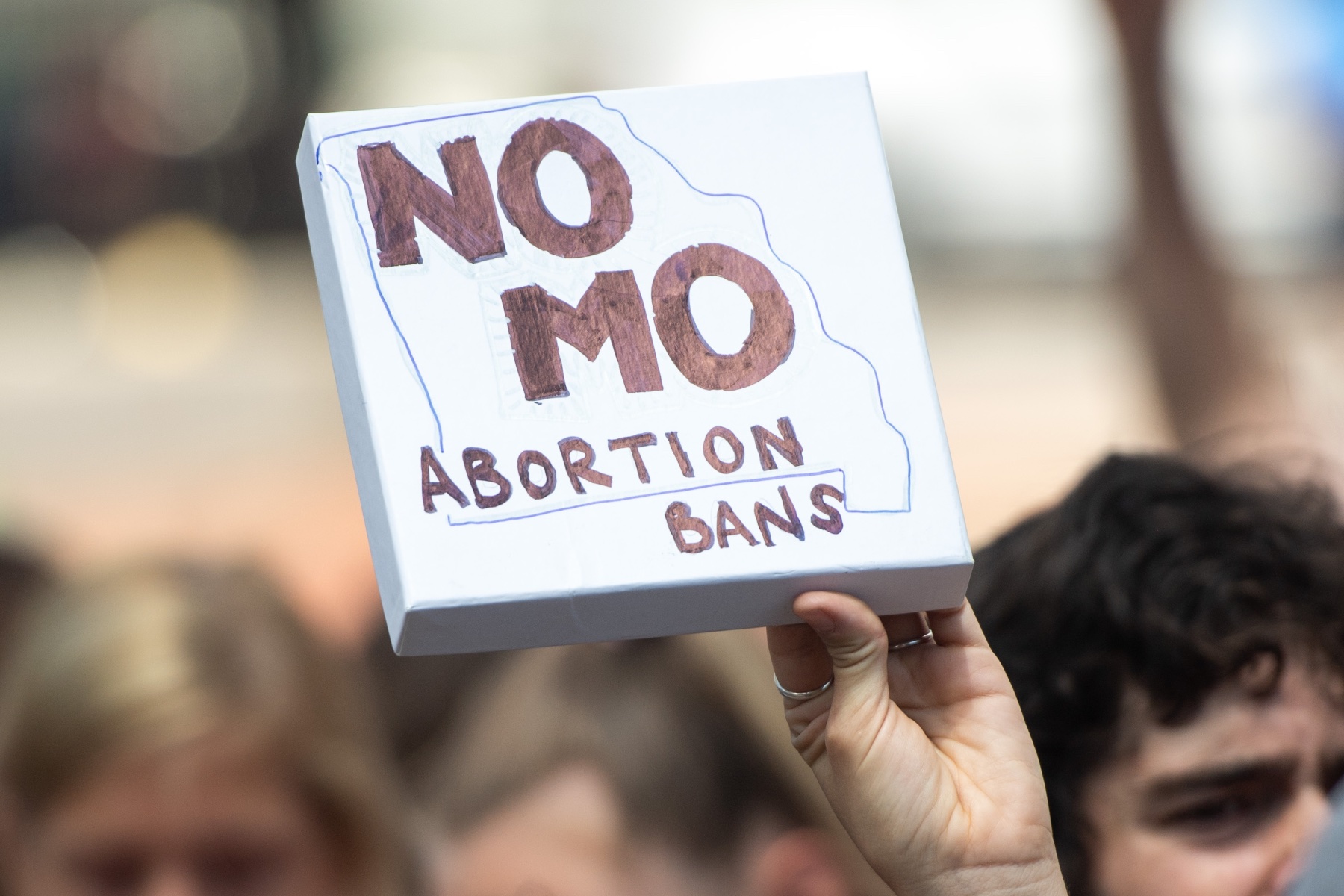The Missouri Supreme Court on Tuesday ordered a judge in Kansas City to lift an injunction that had blocked restrictions on abortion, a decision that upends access to the procedure six months after voters enshrined reproductive rights into the state constitution.
The two-page order imposes a “de facto abortion ban” in the state, according to the leaders of the state’s two Planned Parenthood affiliates. Abortion appointments at the Planned Parenthood clinics Kansas City and Columbia were cancelled in the wake of Tuesday’s decision.
Over the course of two rulings — one in December and one in February — Jackson County Judge Jerri Zhang pointed to the voter-approved constitutional amendment in issuing a temporary injunction blocking abortion restrictions enacted over numerous years by state lawmakers.
Most notably, Zhang struck down licensing requirement for abortion clinics, arguing the regulations were “unnecessary” and “discriminatory” because they do not treat services provided in abortion facilities the same as other types of similarly situated health care, including miscarriage care.
The injunction allowed abortions in the state to resume while the case made its way to a January 2026 trial.
On Tuesday, the state Supreme Court determined Zhang applied the wrong standard in rulings, ordering her to vacate her earlier orders and re-evaluate the case using the standards the court laid out. That leaves the door open for Zhang to potentially implement another injunction.
Tom Bastian, spokesman for the Missouri ACLU, painted Tuesday’s ruling as only a temporary setback. His organization believes its arguments for halting restrictions met the standard set by the Supreme Court and expects Zhang will grant another injunction “blocking the ban and restrictions, once again allowing Missourians access to abortion care.”
Despite the potential ambiguity, Republicans celebrated the Supreme Court ruling.
“Today’s decision from the Missouri Supreme Court is a win for women and children and sends a clear message – abortion providers must comply with state law regarding basic safety and sanitation requirements,” Attorney General Andrew Bailey said in an emailed statement.
Emily Wales, president and CEO of Comprehensive Health of Planned Parenthood Great Plains. and Margot Riphagen, president and CEO of Planned Parenthood Great Rivers, released a statement decrying the ruling as putting Missouri “back under a de facto abortion ban and is devastating for Missourians and the providers they trust with their personal health care decisions.”
A decade ago, more than 5,000 abortions were performed in Missouri, according to the Missouri Department of Health and Senior Services. By 2020, when abortions were still legal, that number fell to 167, a drop that abortion providers attributed to the state’s growing list of regulations.
Missouri’s trigger law banning all abortions with limited exceptions for medical emergencies went into effect the same day the U.S. Supreme Court overturned Roe v. Wade in June 2022.
Last November, Missourians narrowly approved Amendment 3, which states, in part, that “the right to reproductive freedom shall not be denied, interfered with, delayed, or otherwise restricted unless the government demonstrates that such action is justifiable by a compelling governmental interest achieved by the least restrictive means.”
Soon after the amendment went into effect, Planned Parenthood affiliates in Missouri sued to overturn laws restricting access to abortion, leading to the temporary injunction in February and Tuesday’s state Supreme Court order.
Earlier this month, the GOP legislative supermajority placed a new constitutional amendment on the 2026 ballot that would reinstate the abortion ban with limited exceptions for medical emergencies, rape and incest.
From the Collection





